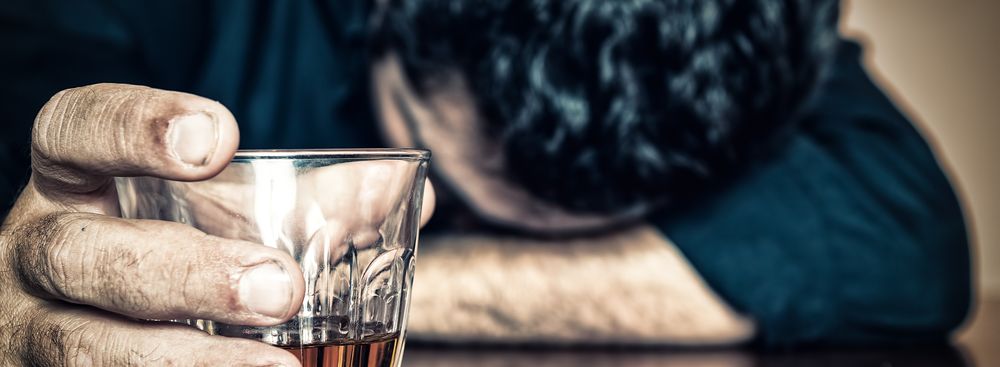Constipation Addiction and Abuse
Constipation as a Symptom of Addiction and Substance Abuse
Constipation is a symptom of addiction that involves paralysing your intestines, and preventing the waste from your stomach from properly digesting and exiting the body. When constipation starts, your entire gastric system is disturbed, and you won’t be able to take in food easily. When your bowel movements drop to less than three times a week, and the passage of faeces becomes difficult for more than two weeks, then you have chronic constipation. This further leads to restlessness and various other complications.
The abuse of substances like opioids and alcohol change the normal ways in which the body reacts to food, water, and how it metabolises. If you, or someone close to you, is addicted to a particular substance, constipation is one of the symptoms that may be experienced. It could also be a withdrawal symptom.

The Signs of Constipation and Further Complications
When constipation occurs, there are certain signs to take note of, to enable you to handle it better. They could lead to further complications. These signs and complications are:
- Discomfort
- Faecal impaction or difficulty in passing stools
- Snap fissure or having tears on the skin around the anus
- Rectal prolapse or protrusion of the intestine from the anus
- Haemorrhoids or swelling of the blood vessels in the anus
When to See a Professional for Constipation
When you start experiencing constipation due to an addiction to alcohol, opioids or any other substance, then you need to talk to a loved one, or better yet, go and see a health professional as soon as you can. This symptom might not be from addiction alone, it could be from withdrawal, or even other health issues you might have had in the past.

In as much as addiction to substances could be the major cause of constipation, changes in diet, use of certain supplements, use of a wrong prescription, and genetic changes, can also be factors contributing to this symptom. That’s why it’s important to find out the underlying cause to make treatment a lot easier.
When you speak to a health professional, there are certain questions you will be asked to help them ascertain the cause of constipation and to further carry out treatment efficiently. These questions could be about the first time you started noticing the symptom, your last bowel movement and how painful was it, substances have you used regularly, and so on.
There’s no need to feel embarrassed, besides, you are likely to be there alone, and you can always trust the doctor not to divulge any of the information you have provided to anybody else.
If the constipation was caused by a lack of fibre in your diet, and it doesn’t appear to be as severe as you thought, a high-fibre diet might be suggested. However, keep in mind that fibre doesn’t cure chronic constipation.
It’s also important to take certain proactive steps to live a healthier life. Learn to exercise often, consume probiotics (following prescription from a health professional), use enemas, and drink vegetable juice. That being said, if you notice discomfort, strange movements in your bowels, a rock-hard abdomen, and, of course, difficulty in passing stools, it could be a symptom of many conditions, including a serious addiction. Make sure to consult a doctor and get the right treatment you need.
Call our admissions line 24 hours a day to get help.

